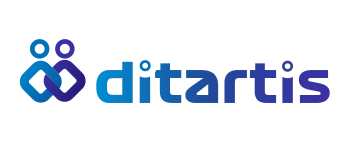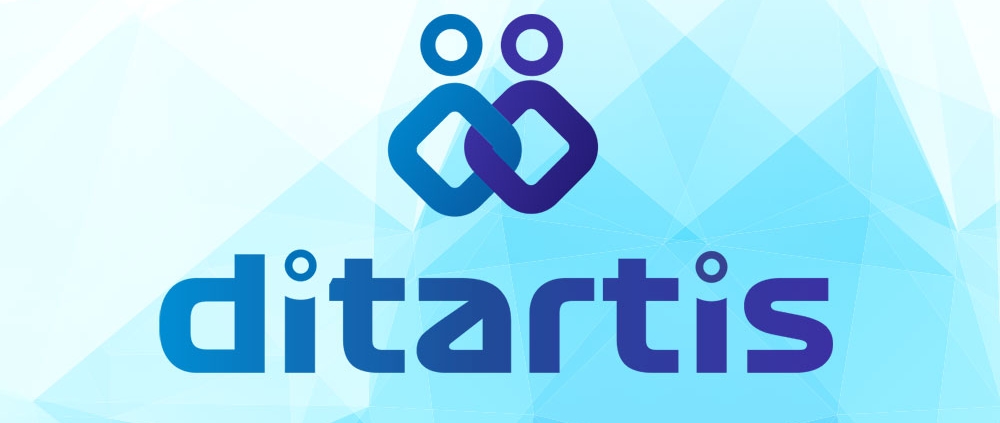3rd Training event DiTArtIS
The event will take place at Ankkuri Building, University of Vaasa’s beautiful seaside Palosaari campus in Vaasa. Address: Yliopistonranta 10, 65200 Vaasa. More information about the University of Vaasa can be found on the University’s website: https://www.uwasa.fi/en
Accommodation in Vaasa
There are a number of good hotel options in the centre of Vaasa. It is advisable to book your stay as early as possible as availability will decrease. Here are some hotel options found at the center of Vaasa.
Scandic Vaasa https://www.scandichotels.com/hotels/finland/vaasa/scandic-vaasa
Original Sokos Hotel Vaakuna https://www.sokoshotels.fi/en/vaasa/sokos-hotel-vaakuna
Hotel Astor https://astorvaasa.fi/?page=HOME&setlang=l3
Logistics
Helsinki Airport
Your first point of call will likely be Helsinki Airport, which consistently ranks among the best airports in the world and serves around 350 flights a day. It has 24/7 public transportation to and from the city center. You can also get to Helsinki by ferry from Sweden, Estonia or even Germany. From Helsinki Airport station (or Helsinki central station) you can take the train to Vaasa (cheap, comfortable and scenic) or your can fly direct from Helsinki airport to Vaasa airport.
Vaasa Airport
There are several flights between Helsinki and Vaasa each day. You can reach the centre of Vaasa from Vaasa airport by Taxi Vaasa and by Lifti, the local bus service. There are also frequent direct buses from Vaasa airport to the different areas of Vaasa (except weekends).
Train
If travelling direct to Vaasa: You can to travel Vaasa on a VR train (VR) from Helsinki airport to Vaasa train station which is located in the city center. The journey takes between 3 hours 30 minutes and 4 hours depending on the train. You can find more information and purchase tickets here: https://www.vr.fi/en/train-tickets?ref=header&from=LEN&to=VS
If staying in Helsinki overnight: The local trains I & P depart from the basement of Helsinki airport terminal (see: https://www.vr.fi/en/railway-stations-and-routes/helsinki-airport). The trains take you to the central Helsinki railway station. You need to buy your train ticket (ABC ticket, 4,60€) from the automat at the terminal or from HSL app before entering the train. No tickets are sold on the train. You can use the same ticket to local transportation, in case you will continue with tram/bus/metro from the central railway station. The train ride to the city center takes approx. 30 min. You can find the train schedule here
Arriving by ferry to Helsinki
Helsinki can be reached by ferry from Sweden (Viking Line, Tallink Silja Line), Estonia (Viking Line, Tallink Silja Line, Eckerö Line), Germany (Finnlines) and Russia (St. Peter Line). The public transportation from the harbours is good. To all the other terminals there is only a short tramride from the city center and to the Finnlines terminal you can take metro+bus.
Speakers
1. Prof. Qiuhua Huang, Colorado School of Mines – Convergence of AI, Physics, Computing, and Control for Energy Transformation
Abstract: Energy transformation from decarbonized power systems, distributed energy resources, to building and transportation electrification is vital to meet clean energy goals in all counties and tackle climate changes. It also poses significant challenges in managing, optimizing and controlling the resulting complex energy systems. In the era of unprecedented technological advancement, the synergy between artificial intelligence (AI), physics, computing, and control systems presents unparalleled opportunities for addressing these challenges and revolutionizing the energy landscape. This talk explores the convergence of these disciplines and its profound implications for energy transformation. An integrated framework based on the idea of Convergence of AI, Physics, Computing, and Control is developed. At the heart of this convergence lies the fusion of AI with principles of physics, e.g., leveraging AI algorithms to model complex physical phenomena and exploiting physics to enhance the efficiency and robustness of AI algorithms. Moreover, computing technologies serve as the backbone of this interdisciplinary synergy, facilitating data analytics and decision-making in energy operations. In tandem with AI and computing, control theory plays a pivotal role in orchestrating the dynamics of energy transformation. This presentation delves into implementation of the convergence framework in two case studies, i.e., intelligent emergency control decision support in power system control rooms and intelligent energy management of a community. Finally, this talk also discusses the potential of this convergency framework, when combined with new hardware and software platform, for transforming the grid operation and control from the control rooms to the grid edge.
2. Prof. Peter Palensky, TU Delft – Power Grid Resilience via Deep Learning Methods
Abstract: The digital transformation of our future power system is a complex technical exercise. It is driven by the potential behind digital technologies: improved flexibility, agility, efficiency, and scalability are things that our power system dearly needs. Introducing digital mechanisms into the largest man-made machine, that followed the same physical principles in its entire 150 years of existence is of course not that simple. Beside the expected advantages, such a transformation might also come with some catch. This presentation will introduce you to some promising methods for the power systems, rooting in artificial intelligence and machine learning, and will also show you potential downsides such as cyber-vulnerability. The key is to endorse the new mechanisms, and to use them in our favor.
3. Prof. Kevin Tansey, University of Leicester – AI and EO for Sustainability Monitoring
Abstract: Interfaces and relationships between Earth Observation data and computer science / machine learning has existed for more than 25 years. However, with the quite unbelievable expansion in EO data, at all wavelengths and resolutions, alongside growth in computational resource and availability and interest in data sharing, the use of ML/DL has sky-rocketed. This workshop is about Energy Transformations. It is a huge topic that is inter-disciplinary, complex and has a great impact on environment and society. This talk will make reference to a number of projects where we have utilised a range of satellite data sets to yield information to support decision making in the energy sector. But, let’s be honest; satellite data is noisy with cloud and haze, never really available when and where you want it, it can be expensive, thermal data requires emissivity’s, radar data saturates really quickly, model training data is poor, etc. etc. Solutions are, however, sought out and needed. They need to be accurate as well. The pathway that we need to tread to make sure that are solutions are sustainable in contexts of data architecture and availability, user requirements, processing efficiency and, importantly, affordability will be outlined. At Space Park Leicester, we have collaborated with industry partners and students to accelerate innovative ideas that utilise EO and ML/DL and facilitate deployment of prototypes quickly. It is only through extensive discussions with stakeholders that we can comprehend their decision making of the products generated by satellites and can start down the path of automated and intelligent service provision in any sector.
4. Prof. Tatiana Minav, Tampere University – Digital Technologies and AI Solutions for Electrification and Automation Off-Road Mobile Machinery Applications
5. Prof. Calina Ciuhu, Eindhoven University of Technology – Common Challenges and Solutions of AI Across Industries
Julia Tutorial
Julia Language for Computational Modeling of Energy Transformation Applications presented by Luca Ferranti and Fabricio Oliveira.
• Introduction to Julia
• Neural networks in Julia
• Differential equations and scientific machine learning in Julia
• Optimization problems with JuMP
Check the detailed program here !



